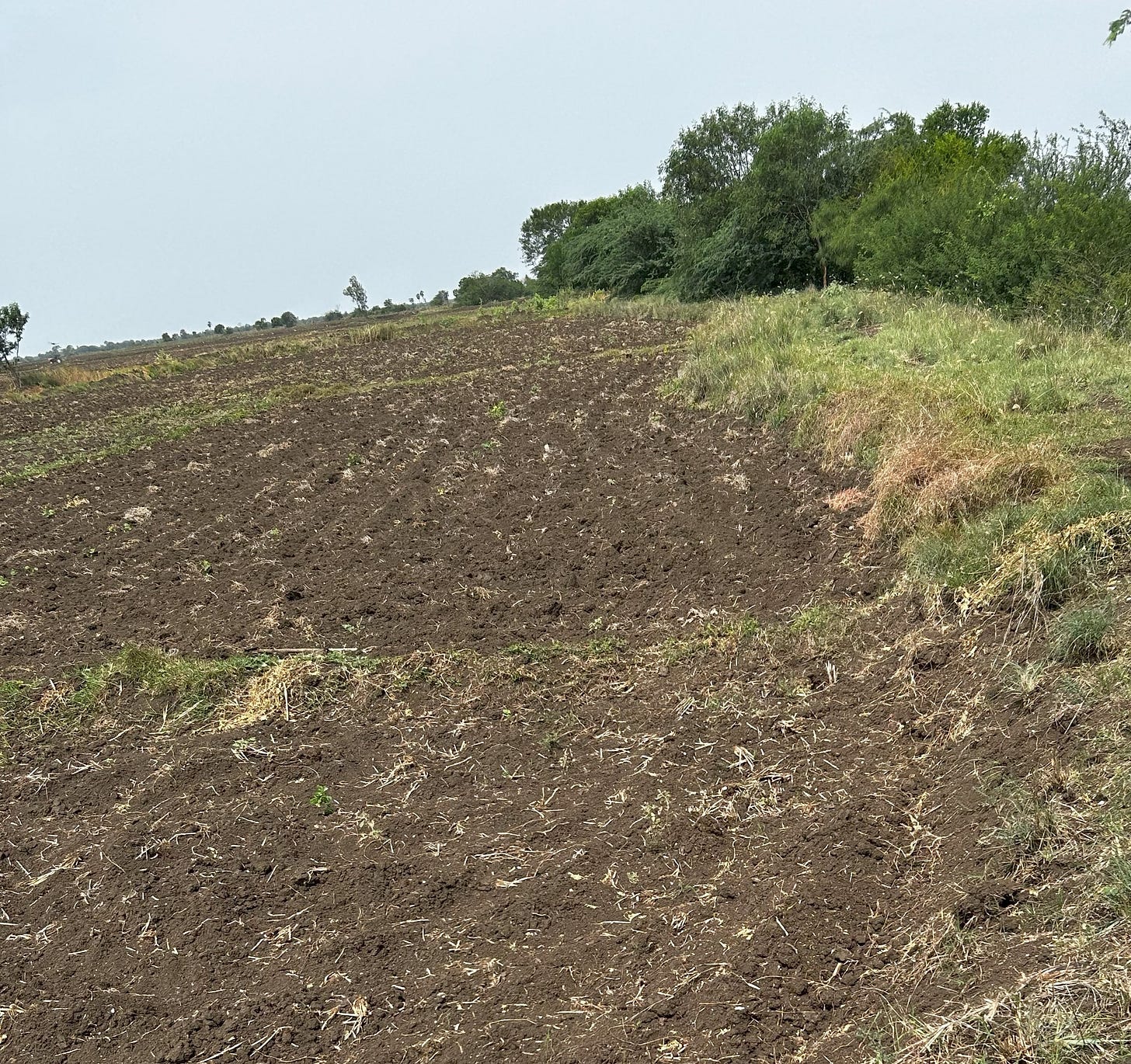Ghost Variable
Reconciling code, grief, and the echo of a drumbeat.
This essay is about grief, memory, and the unexpected ways science and spirituality can meet. It’s also for my Tatha, whose motorcycle rides and laughter are still with me in surprising ways.
The fans in my computer keep their even, machine breath. Since my grandfather, Tatha, died, the room still sounds the same, but the silence between the sounds is different. I used to trust the neatness of a world reducible to true/false. Now a ghost variable keeps passing through every logical test I run: soul. Not a question of heaven or hell—just the quiet, persistent feeling that something didn’t stop so much as change its state.
What was lost wasn’t an abstraction. It was the deep rumble of his old motorcycle, the weight of my small body tucked safely in front of him, my hands on the fuel tank. It was the wind whipping through his hair. The genuine, unburdened happiness of a girl held securely within her grandfather's strength. I remember the lines crinkling around his eyes when he smiled, a gesture more reassuring than any words. He would talk about the rhythms of the land, how he’d plow the rows after the monsoon. I didn’t understand the details. But I understood his passion. A deep, abiding care for the earth under his feet. He was a farmer. That love was his language.
My great-grandmother, Tathamma, spoke a different one. When I was small, she would take my hand in her warm, papery grip. In the late-afternoon dust that turned everything honey-brown, she would lead me down the path to the temple.
It wasn't a place of rigid rules, but a community hall of the spirit. We’d sit on the cool stone floor, the air thick with jasmine and camphor, and simply listen. The sounds came first—the hypnotic, earthy beat of the mridangam drum, the unified voices of the women singing bhajans. Their hymns weren’t pleas; they were declarations—songs about cycles, seasons, sorrow.
After, the priest, a man with kind, wrinkled eyes that always looked like they were about to laugh, would gather us children. He never spoke of dogma. He told us stories. Once, he pointed to the ancient banyan tree at the temple's edge, where thick aerial roots had reached down to become new trunks. "The traveler is like that," he said. "It sends down new roots. It never forgets where it came from." The body, he explained, was just the clothes the traveler wore for one chapter.
As I grew, I learned to dismantle those stories, replacing them with the elegant, verifiable laws of computation. Yet now, I find myself circling back.
Looking at the night sky, I know that beyond the city's glare, stars are being born from the dust of stars that died billions of years ago. A cosmic recycling. A grand, universal samsara. Not proof—just a metaphor that helps me name what feels true. It suggests that perhaps my scientific mind and my village childhood aren't at war. I now wonder if "return" isn't an end, but a transformation. A scattering of a unique energy back into the whole.
Tatha, the farmer, is gone. But Tatha, the force of love that held me on that motorcycle, the passion for the land, the sound of his laughter—that energy is simply changing its form. It has become part of the starlight, the soil he loved, and the whispered stories of the universe he rejoined.
I sit here, in the quiet of my room. The fan still hums its even, machine breath. But now the hum holds a drumbeat—the small music of a life folded back into the world.

